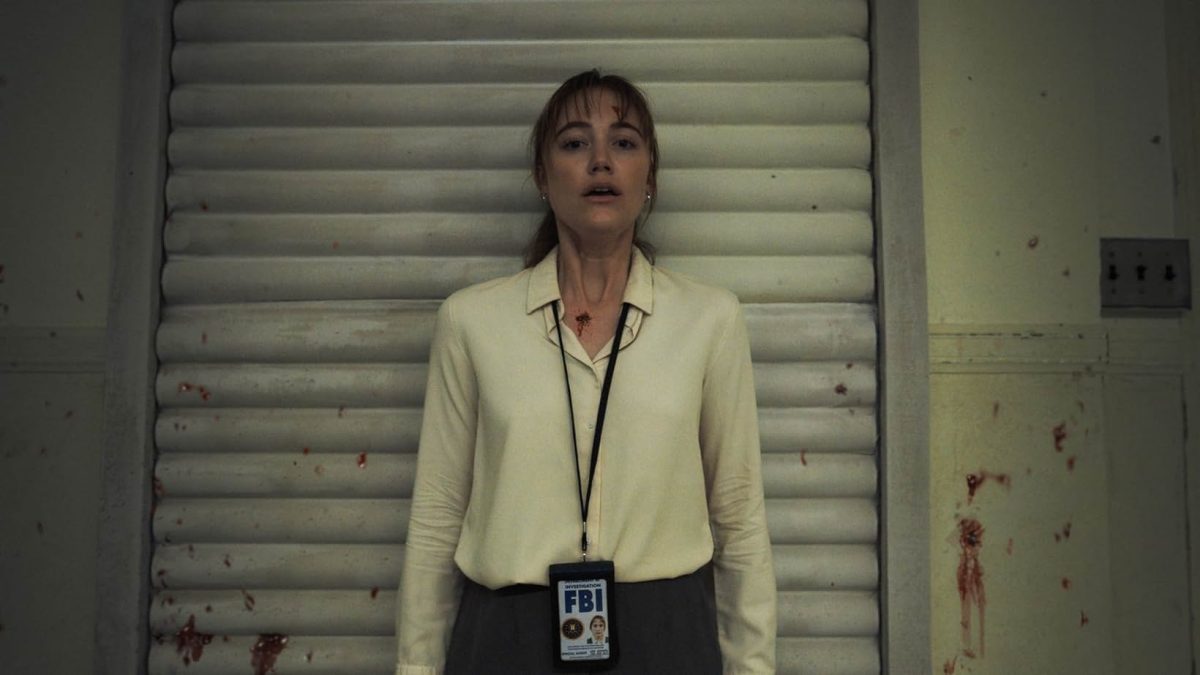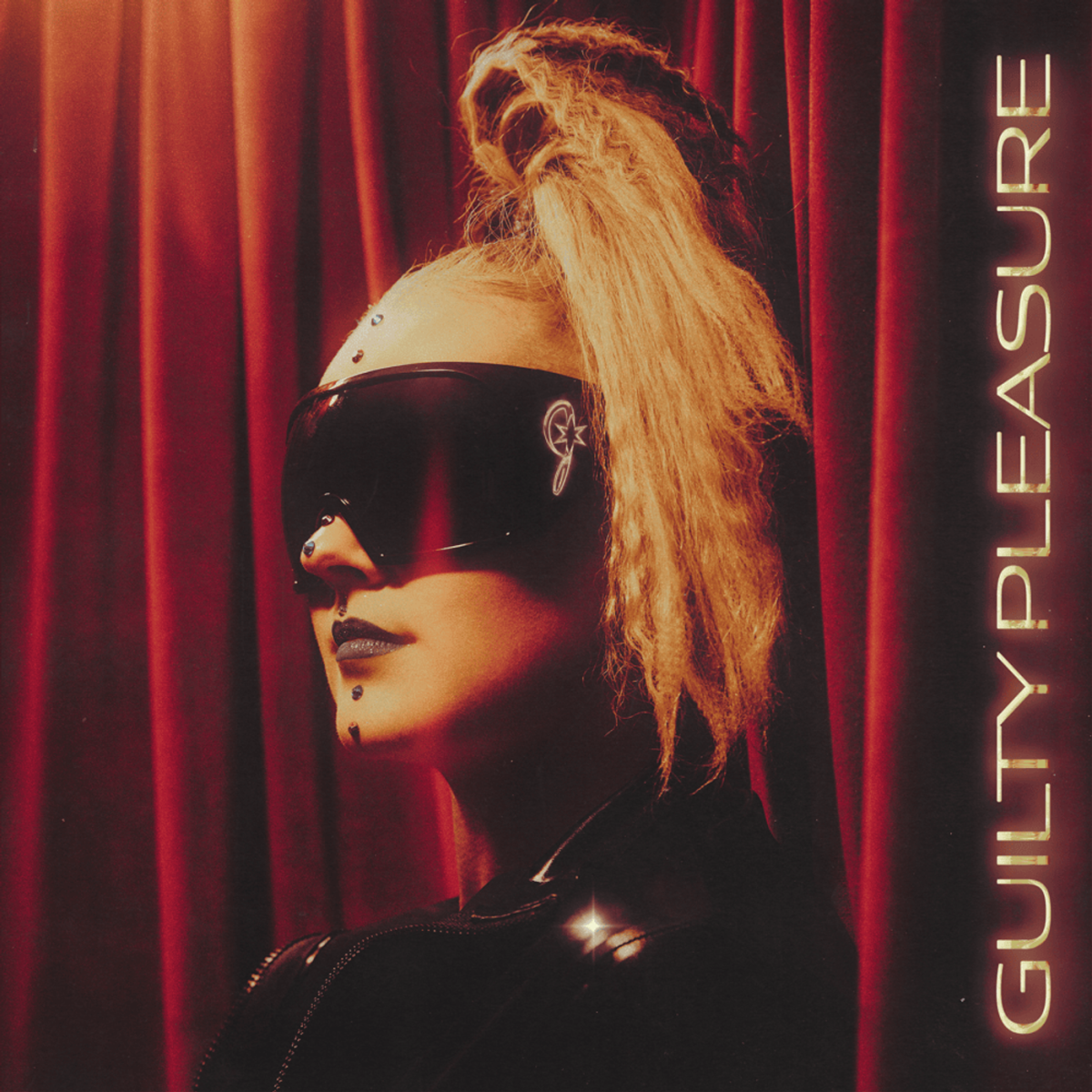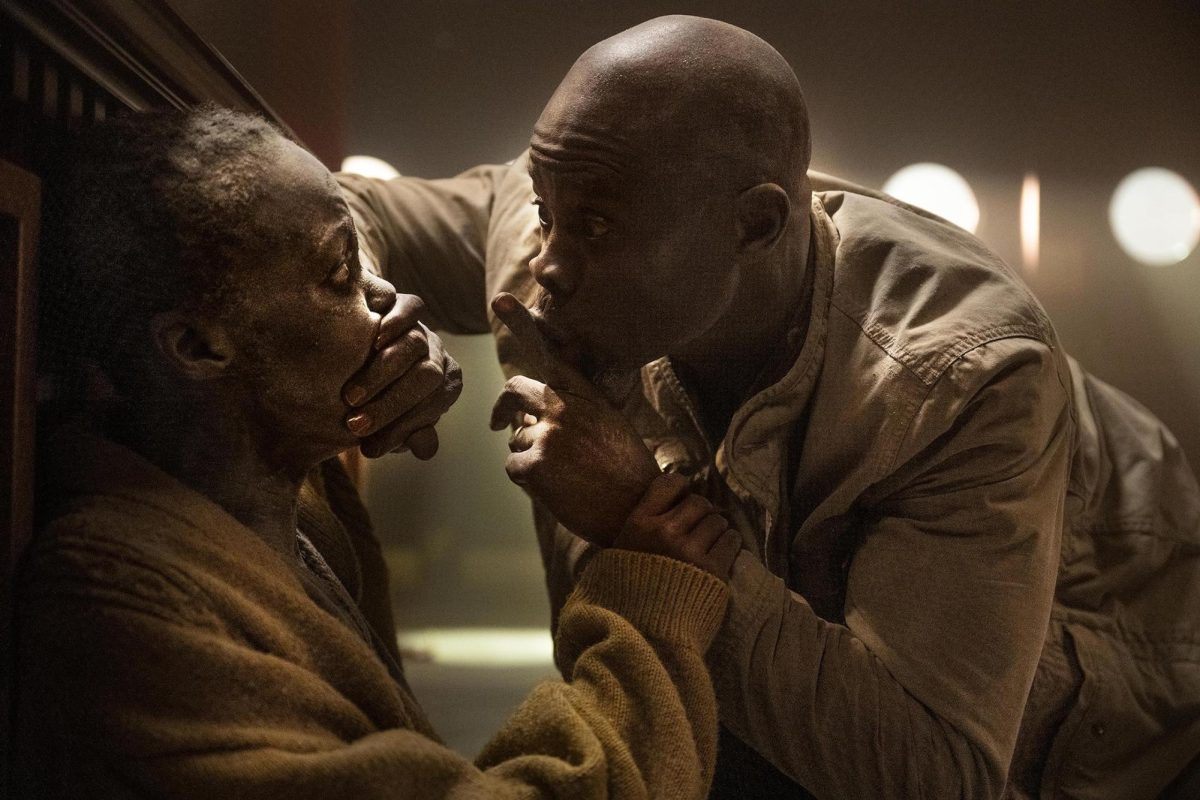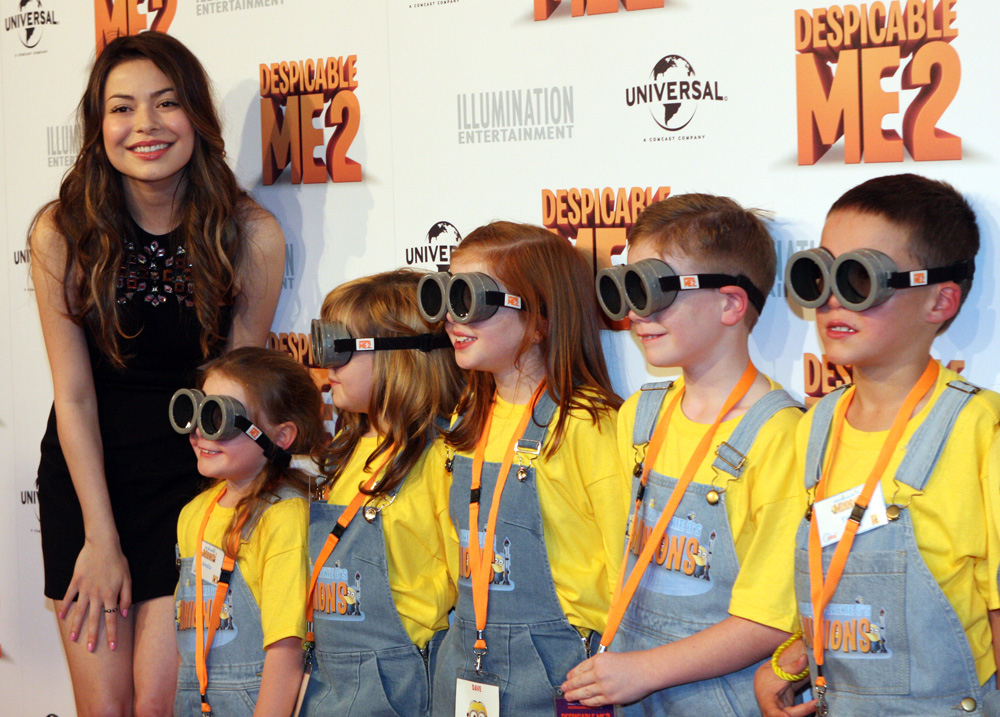Rating: 6/10
After over 40 years since his untimely death, the story of Bob Marley’s rise to fame is told in the new film “Bob Marley: One Love,” which debuted in theaters on Feb. 14.
Before the movie began, an interview clip with one of Marley’s sons, Ziggy Marley, explained his involvement in the filming and production of the film to ensure that his father’s story was executed well.
According to Ziggy Marley, the film’s goal was to introduce audiences to the personality and life of Marley while displaying the complexities of the icon’s life.
Get The Daily Illini in your inbox!
However, due to poor execution, “Bob Marley: One Love” fell flat on reaching that goal. The plot was too convoluted, with different storylines making the film difficult to follow.
The film began by displaying text that provided very minimal information about the tense Jamaican political climate which was occurring simultaneously with Marley’s rise to fame. The political conflict throughout Marley’s life was quite complicated, so the lack of context made the story too complex for the average viewer to fully grasp.
To add to the confusion of the plot, the film used a lot of flashbacks to help explain Marley’s childhood and past, which were often abrupt and hard to understand.
The flashbacks were, in theory, supposed to help the audience get a better understanding of who Marley was before and during his peak. However, they ended up trying to accomplish too much, causing the moments to fall flat.
The first flashbacks attempted to give context to Marley’s childhood and his relationship with his father. However, they attempted to accomplish this by using metaphors and highly dramatic scenes, which were not able to tangibly depict Marley’s childhood.
Another set of flashbacks showed Marley’s relationship with his wife but only briefly alluded to an affair Marley had. The affair caused tension in his marriage that added to the conflict in the film, which begs the question as to whether or not the audience truly got the full picture of Marley’s personal life.
The third set of flashbacks made the most sense in the context of the plot, as they explained Bob Marley and the Wailers’ beginnings as recording artists. Since the screenplay was so heavily focused on the making of music and Marley’s world tour, these flowed best with the rest of the plot.
Despite the messy composition of the story, “Bob Marley: One Love” was still able to highlight the message of peace and unity that Marley stood for.
Kingsley Ben-Adir, who played Marley in the film, did an excellent job of replicating the singer’s mannerisms and energy. This helped the struggling plot at least remain accurate to Marley’s personality and his beliefs in peace.
The end of the film, which used real footage of Marley, brought the movie full circle and emphasized the impact that Marley had on Jamaican politics and the culture that fosters unity.













